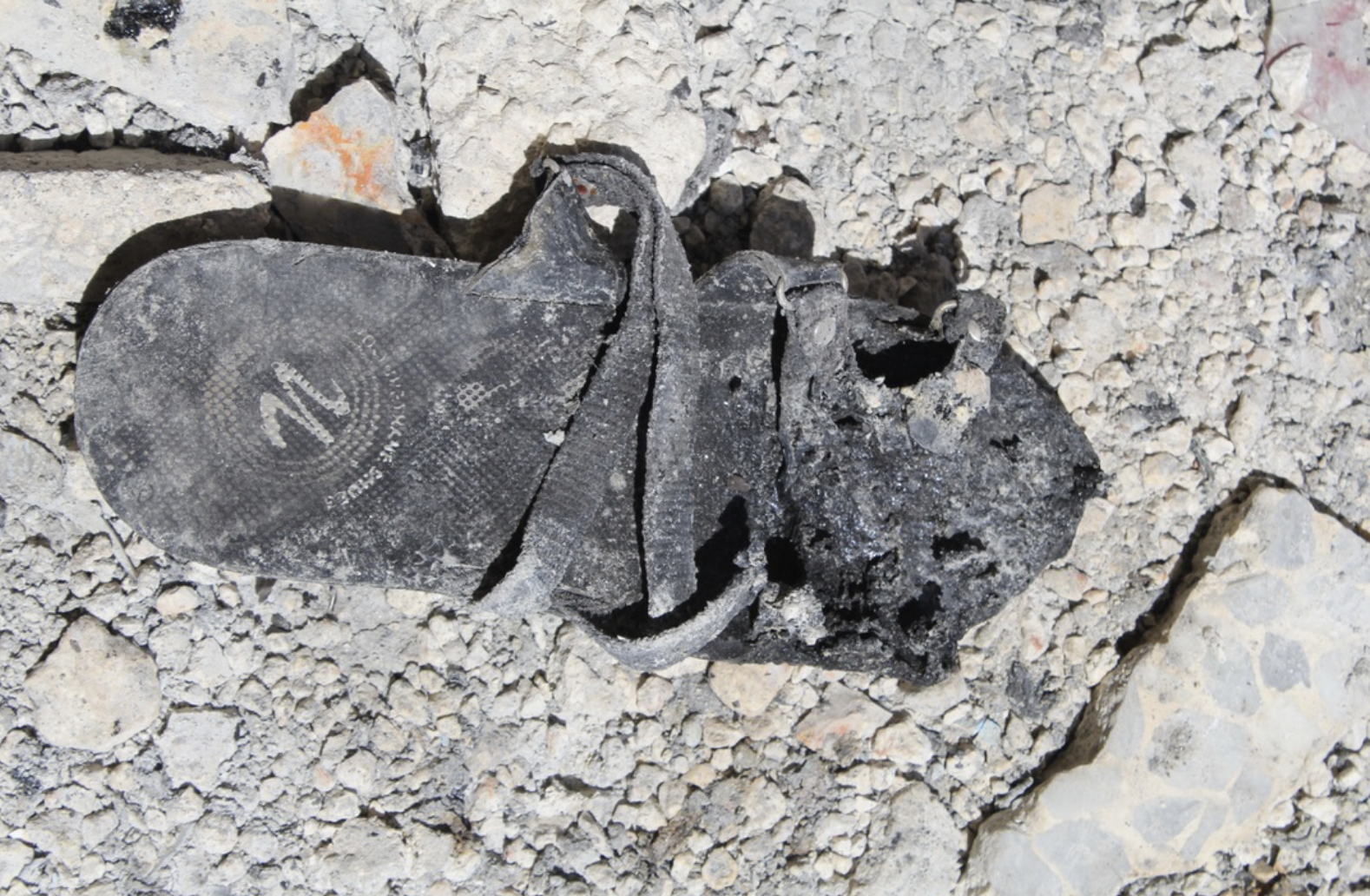
5:30pm-7:00pm on Thursday 3 April
Cambridge Union Society, Keynes Library , 9A Bridge Street, CB2 1UB
Paul Conroy was injured whilst working in Syria during its bitter civil war with colleague Marie Colvin in 2012. During what is believed to be a targeted attack on the building they were working from, Marie was killed. Paul survived with severe injuries and his life was saved by Syrian medics – themselves facing attacks by the Syrian government and its forces. He has continued to work in armed conflict settings and has spent months charting the war in Ukraine.
Giles Duley is a portrait and documentary photographer, writer and presenter. He is the CEO of Legacy of War Foundation. His work focuses on the long-term humanitarian impact of conflict. In 2022, he was announced as the first United Nations Global Advocate for Persons with Disabilities in Conflict and Peacebuilding Settings. Giles was injured in 2011 whilst on foot patrol with the US 75th Cavalry Regiment in Afghanistan when he stepped on an improvised explosive device. He lost both legs and his left arm and his life was saved by the quick action of the medic on the patrol. Giles spent 45 days in intensive care in the Queen Elizabeth Hospital Birmingham where he nearly succumbed to his injuries. On stabilising he underwent rehabilitation and now has resumed his photography.
In this session, we will examine their motivations for covering armed conflict in their work and then their experiences of becoming the story when they both were injured. How has this impacted their work and can they remain objective? What experiences of healthcare in armed conflict did they experience – with Paul it was with medics in hiding in Syria, with Giles it was a recognised world-class military medical unit. This event will be coupled with a photography exhibition of selected works by both photographers proposed for a period of time during the Cambridge Festival.
The conversation will also cover how to keep journalists safe and to ensure crucial content can still be obtained. This is where advances in digital technologies including AI play a role. Mark Smith, the chair of the International Broadcasting Convention focuses on the intersection between communications, technology and media. Digital technology is revolutionising how content is obtained for news.

